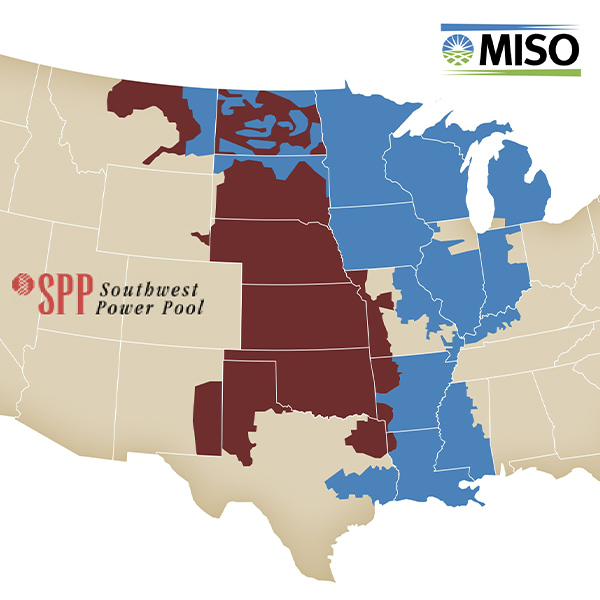A more than year-long test of 10 hydrogen-fueled semitrucks demonstrated that the vehicles can perform roughly equally with their 5-year-old diesel equivalents.
However, the maker of the trucks is staying mum about future testing and manufacturing plans.
The test runs at the Port of Los Angeles were financed by part of a $41 million Zero and Near-Zero Emissions Freight Facilities grant awarded by the California Air Resources Board, with the port as the prime applicant. The grant is part of California Climate Investments, a state initiative funded by billions of cap-and-trade dollars.
The Port of Los Angeles has set a goal of producing net-zero carbon emissions from its short-haul trucks by 2035.
A Kenworth truck manufacturing plant in the Seattle suburb of Renton made the trucks. Kenworth is owned by PACCAR, which is based in the Bellevue, Wash.
“We clearly showed that hydrogen is a viable clean fuel capable of powering commercial transportation for customers, matching diesel performance in range and power, with quick refueling for minimal downtime and smooth, quiet operation,” Joe Adams, Kenworth chief engineer, said in a Sept. 22 press release. The test runs ended in August
Toyota Motor North America and Kenworth joined forces to design and build the hydrogen-fueled semis. The trucks are Kenworth T680s built with Toyota hydrogen fuel cell electric powertrains, with water being the only emissions. The trucks went through initial tests at a PACCAR facility in Mount Vernon, Wash.
The Kenworth T680 FCEV truck — dubbed an “Ocean” — was supposed to work comparably with a 2017 diesel engine driving about 200-350 miles a day. The T680 FCEV has a range of more than 300 miles when fully loaded to 82,000 pounds.
The 10 test trucks normally worked one-day hauls around the Port of Los Angeles in the greater Los Angeles area. Toyota Logistic Services, UPS Total Transportation Services and Southern Counties Express were other freight carriers using the trucks.
The trucks frequently handled multiple shifts and ran 400 to 500 miles per day. Swapping out the hydrogen fuel cells took 15 to 20 minutes, according to the press release.
“Hydrogen infrastructure is still in its infancy, so hydrogen fuel is more expensive than diesel to fuel the truck,” PACCAR spokesperson Jeff Parietti said in an email. “We would expect the costs to come down as scale of production/distribution increases. Preventative maintenance is primarily a series of fluid replacements and inspections. So there is the opportunity for reduced maintenance costs over diesel.”
In the press release, Andrew Lund, Toyota chief engineer for zero-emission advanced product planning, said: “The potential for this technology as a replacement for higher-emission powertrains is real and supports both regulatory and society initiatives to combat climate change while helping us achieve our own goals of carbon neutrality.”
PACCAR and Kenworth do not have a prospective price tag for an individual T680 FCEV truck.
In a 2021 interview, port officials said the purchase price for a new diesel semi is $110,000 to $120,000, roughly $350,000 for a battery-powered semi and an estimated $1 million for a hydrogen-fueled semi.
In an email to Net Zero Insider, PACCAR declined to discuss its next testing and manufacturing plans.



